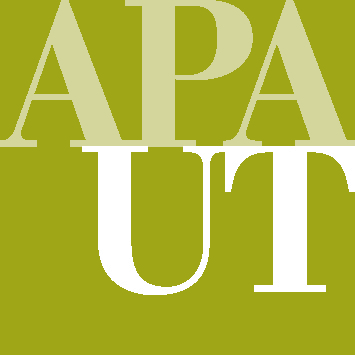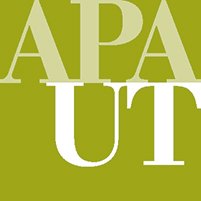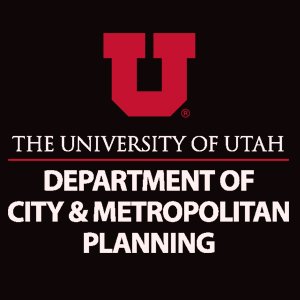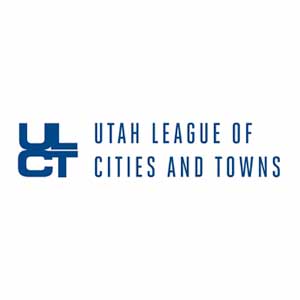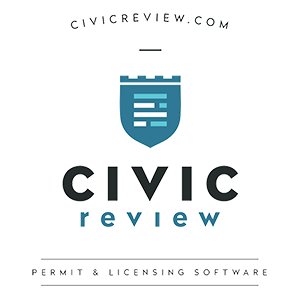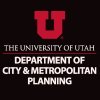Housing First; Cars Last
January 11, 2021 by Nicole Masson
Planning News
Our current laws do not mandate housing for people, but virtually all jurisdictions do mandate an abundant and costly supply of housing for motor vehicles. Our zoning codes require that most buildings include numerous parking spaces that are generally unpriced, which is a huge and unfair subsidy for automobile use. This increases housing costs, encourages driving, and forces car-free households to pay for expensive parking facilities they don’t need.
The costs are huge. Recent studies have counted the number of parking spaces that exist in various areas. They indicate that there are typically 3-6 off-street parking spaces per motor vehicle, with lower rates in central cities and higher rates in sprawled areas. Considering land, construction and operating expenses, a typical surface parking space has an annualized cost of $500-1,500, and structured parking costs about three times as much. Yet, most of this parking is unpriced, provided free. Every time somebody purchases a vehicle they expect somebody else—businesses and local governments—to provide thousands of dollars worth of parking for its use, a matching grant for driving.
Parking facilities are the dark matter of the urban universe; they represent a major portion of total urban land and affect virtually every aspect of urban life including development patterns, housing costs, travel activity, walkability, environmental quality, and aesthetics. Yet, to most people, parking is virtually invisible, a huge and costly resource that they only notice when they have trouble finding a space.
What does this indicate about our communal values? We consider housing for automobiles a necessity that, by law, everybody must subsidize, while housing for people is optional, to be financed by users or subsidized at whatever level governments can fit into their budgets. This helps explain why so many cities have a housing unaffordability crisis.
A city is, by definition, a place where many people and activities occur close together. As a result, urban land is always scarce and precious. A smart city manages this resource to maximize benefits. Parking regulations are generally applied without consideration to context; the same requirements are imposed in multimodal neighborhoods with land value areas as in sprawled, automobile-dependent areas. In other words, conventional parking policies impose suburban values in urban environments where they are inappropriate.
This is a good time to reform our vehicle parking policies for affordability and efficiency. These reforms don’t eliminate parking supply, but they make parking facilities work harder, so parking lots serve multiple destinations and achieve higher occupancy rates, which reduces the number of spaces needed to serve demands.
Efficient parking management can significantly reduce housing development costs and free up a lot of urban land for other uses, including affordable housing. You can think of underutilized parking lots as a land bank for affordable urban infill. If unaffordability is a problem, parking management is the solution!
Cities can create more affordable housing by eliminating parking minimums and encouraging property owners to replace underutilized parking lots with moderate-priced housing. Even if the new units are initially not affordable to lower-income households, they increase overall affordability through filtering, as some of the new occupants move from nearby lower-priced housing, making it available to new families.
You can read the entire piece here.
Todd Litman is founder and executive director of the Victoria Transport Policy Institute, an independent research organization dedicated to developing innovative solutions to transport problems
Recent News
- » APA UT- Call for Nominations
- » 2024 APA UT Spring Conference: Cedar City, UT. The Call For Sessions is Currently Open.
- » Experts say lack of condo-building comes down to risk, returns
- » Planning In The News- Opinion: As a commuter who can’t afford to live in Salt Lake City, I still deserve to be heard
- » Hurry, it’s the final week to grab your conference tickets at regular prices!
- » Planning in the news: BYU students aim to eliminate parking woes through AI tracking system
